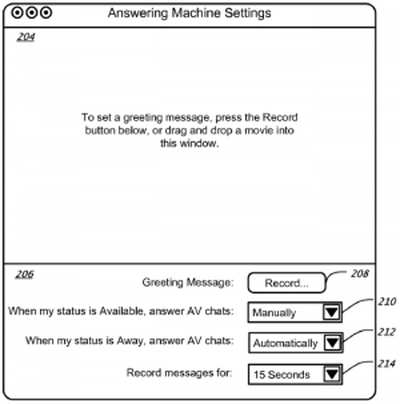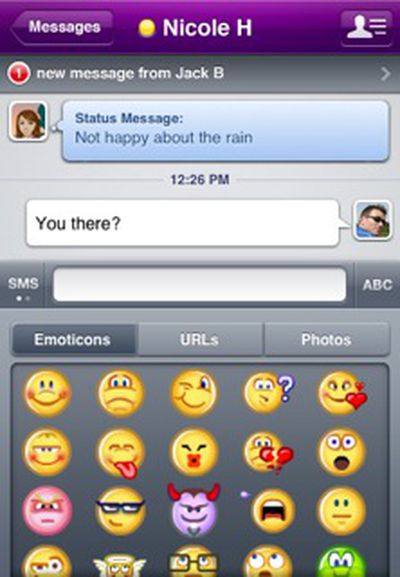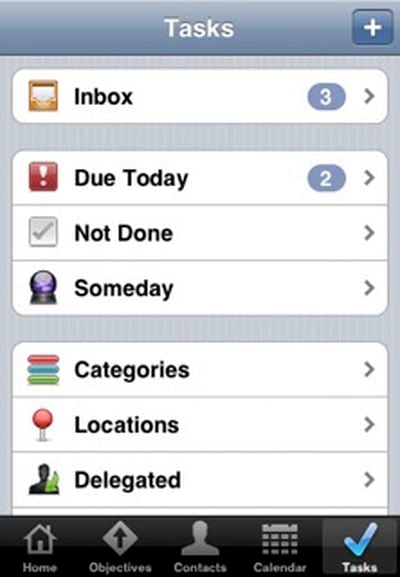Microsoft has been particularly aggressive in attacking Apple specifically in their latest television ad campaign as well as commissioning a report detailing what it calls the "Apple Tax".
The latest television advertisement continues the "Laptop Hunters" theme in which a mother and son are tasked with finding a speedy sub-$1500 laptop with a large hard drive that is also good for gaming. Like the previous ads, they specifically point to higher cost of the Apple machines:
In a somewhat controversial report, Microsoft commissioned (PDF) Roger Kay of Endpoint Technologies Associates to document what they describe as the "Apple Tax". The report details the price comparison between Apple and PC products and the relative difference.
While few would argue that Apple's machines don't indeed carry some premium, CNet's Ina Fried took a closer look and found the numbers additionally padded in favor of the PC.
Microsoft first started touting this idea of an Apple Tax in an interview last October. I'd argue, as I have, that the tax exists, but it is one that the average buyer knowingly pays for what they perceive as the differences between the PC and Mac experiences. In any case, the economic differences, while large, aren't as big as Kay and Microsoft make them out to be in this study.
Microsoft's aggressive marketing against Apple suggests they are particularly concerned about Apple's growth despite their relatively small overall PC marketshare.
Microsoft's VP of Windows Vista consumer marketing specifically said that they felt that Apple's "I'm a Mac" campaign had an impact and that they were planning on countering it.





















